
Previously, we looked at some specific examples of differences between “class” and “status” (part 60), but I have a few more things to say about “status.” We can, for the most part, neatly divide the status of character into four broad categories by the language that they use. (Here we will look at the first three.) First, let’s look at status from the perspective of “interjections” and “sentence-ending particles,” which we discussed in previous articles, and moreover, from the point of view of “interjectory particles” and “language style.”
We’ll begin with the “highest of high.” As a rule, characters with an extremely high status, such as the majestic “God” character, speak in a brusque rather than polite style. An example of this principle is that, we would feel grateful if God majestically pronounced “sore de yoi” (that is good [brusque]) but a “God” who said “sore de ii desu”(1) (that is good [neutral/polite]) would not be “God” at all. However, even for “God,” a principle is just a principle; a “Goddess” character could say “Anata wa sore de ii no desu yo” (that is well for you [neutral/polite]). But would it surprise the reader if I said that “Goddess” characters are not as majestic and have a lower status than their “God” (male) counterparts? A little later we will look at the problem of character “gender,” so I don’t want to discuss it in detail here, but I would just like to point out that the use by “Goddess” characters of the ending particle “yo,” which male “Gods” don’t use, indicates they have a whiff of humanity about them.
Let’s lower our sites considerably to the realm of “humans.” Humans are distinct from “Gods” in that they can freely use interjectory particles, for example “na” and “ne”(2) in expressions like “sore de da na, watashi ga da na” (well then, I…. [emphatic]) and a wide range of sentence-ending particles —“itta yo” (s/he left!) and “iya da wa”(3) (that’s not good [feminine]). (Between “God” and “human” characters, there are “superhuman” characters, such as Golgo 13, who do not express emotions, and do not use many sentence-ending particles, interjections, or interjectory particles. This is why I previously said we can “for the most part” divide the status of characters into four broad categories by the language that they use.)
Among “humans,” those of high status are “superiors,” while those of low status are “inferiors.” However, these “superiors” are not included in the “highest of high.” “God” is not a “superior.”
When talking to your customer, you might behave like that person’s “inferior” in their presence. You bow your head and say: “I really appreciate your help with this.” However, when talking to your subordinates, you might behave like their “superior.” You might slap one on the shoulder and say: “Please get on it.” These sorts of “superior” and “inferior” interactions are covered under changes in “style” (see part 4 of this series). However, this is not always how “superiors” and “inferiors” work. If you fawn over and excessively flatter someone, rubbing your hands together and behaving like their “inferior,” even if circumstances change later, that person will never recognize you as a “superior” (parts 49 & 50). Moreover, if you behave as someone’s “superior,” even if circumstances change, you cannot descend to become that person’s “inferior” (parts 51 & 52). Of course, by “inferior” and “superior,” I refer to “inferior” and “superior” characters, and these are precisely what we’ve been talking about here.
* * *


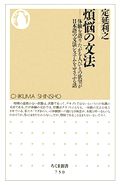
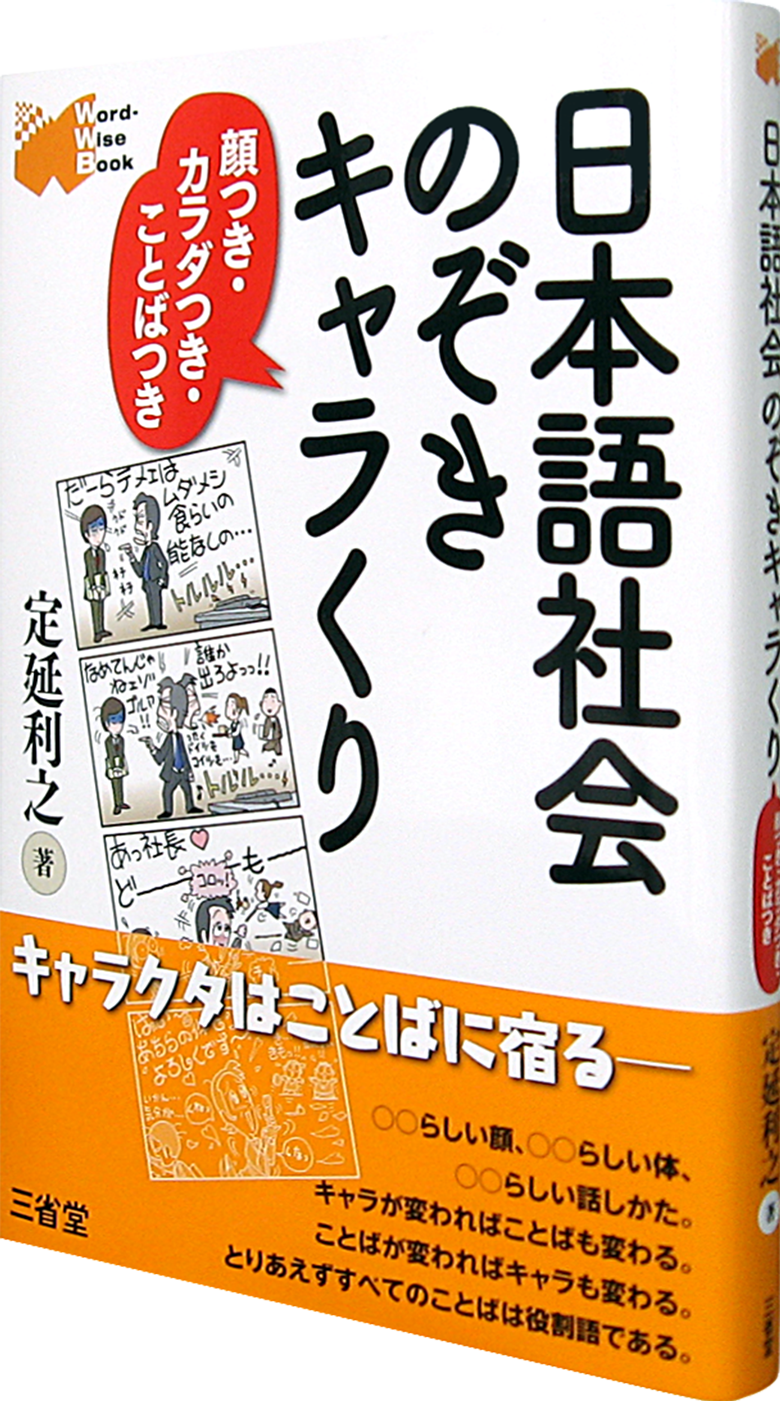
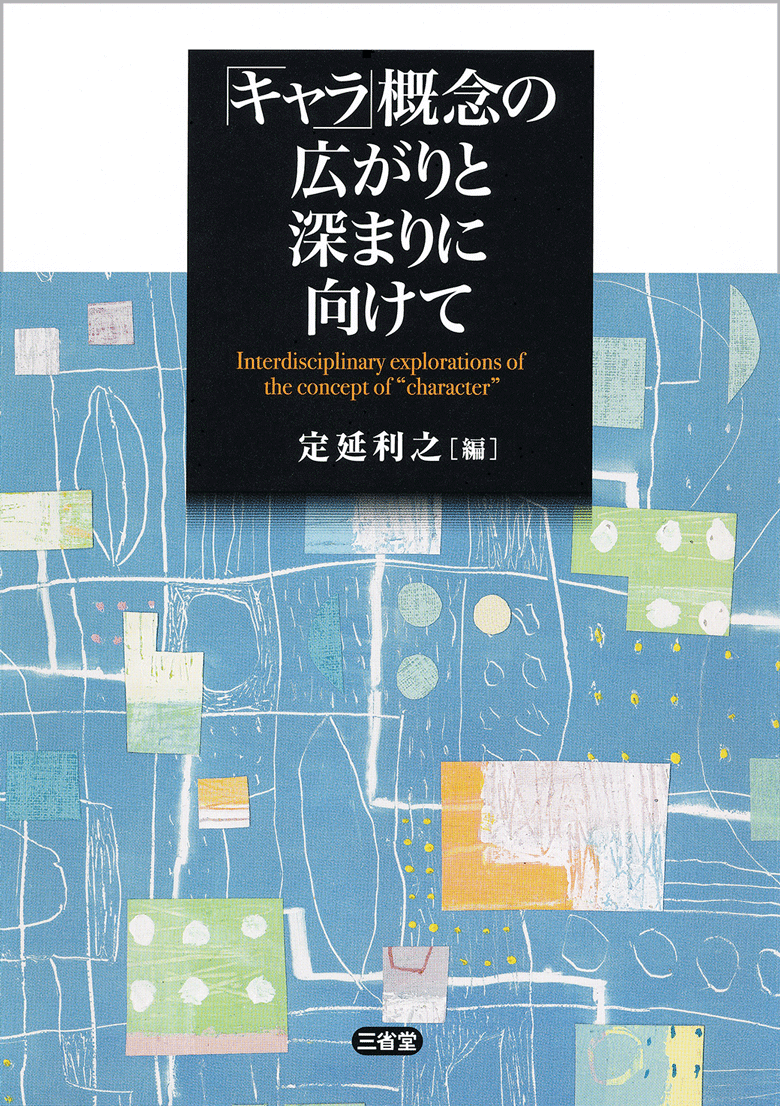

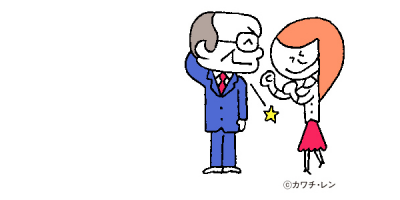

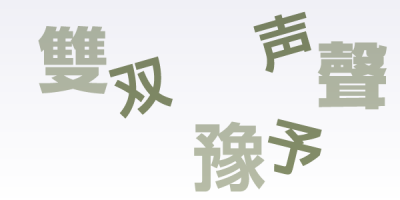
(1) Here two inflections of the adjective yoi/ii (good) are used to illustrate the point. Many adjectives in Japanese do not require verbs to make them grammatically correct. Hence the sentence “sore de ii/yoi” contains no verb. However, it sounds a bit brusque. For increased politeness, one adds the neutral/polite verb “desu,” as in “sore de ii desu.” Hereafter, the tone or mood of Japanese phrases will be indicated in brackets next to the English translation when necessary (e.g. [brusque], [neutral/polite] etc.).
(2) “Na” and “ne” are Sentence-ending particles used to add emphasis to sentences or clauses, or to prompt the listener.
(3) The feminizing particle “wa” is explained in the footnotes of part 1 of this series.